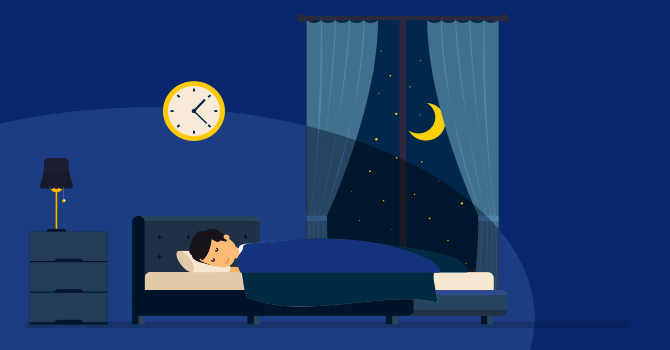
This past year brought increasing anxiety and as a result, unwanted sleep issues. Prior to 2020, I often struggled to fall asleep, but I managed that with herbs and essential oils, meditations, and calming music. The new dilemma has been staying asleep - and getting at least 6 hours per night of rest. My body started waking around 3am during this school year; and things haven't changed even though my schedule has. So, I reached out to an expert! I'm all about doing the work to improve conditions. 😀 I want to share what I've taken away from my first two conversations with a sleep therapist.
- The bed needs to be a place for sleep Since the pandemic and teaching online, my bedroom has become my office, my classroom, sometimes my cafeteria or lounge. I read, complete workshops, plan curriculum, run classes, meet with pregnancy and new moms groups, correct papers...on my bed. #officespaceneeded
- Cover the clocks. We don't need to constantly be thinking about the time, how much sleep we're getting or not. The mind doesn't need to be counting and assessing the minutes.
- Don't get in bed until you're tired and ready to sleep. Note: it takes people on average a half hour to fall asleep. Don't get in bed too early.
- Set an alarm. Even as you sleep, your brain is working - just like how your body knows to breathe. Let your brain relax knowing there's an alarm set and it need not be responsible for waking you.
- Turn off the music and television. Did you know you're still listening as you sleep? Your brain is processing the sounds. If you like to fall asleep to songs or meditations or a program, set a timer for half an hour so it shuts off.
- White noise is ok! If you need some background noise, keep it simple. A repetitive, constant sound is easy on the brain. Personally, I enjoy the sound of rain.